Following My Ancient Trackways: Northern Nomads
This is my quest to connect with the wild scapes that have shaped who I am and have left traces in my DNA memory. I hope to uncover the ancestral trackways that have lead me to the rainforests of British Columbia (BC).
I share a kindred spirit with Earth’s “Wild Childs”— those who feel the call of the wild—a deep connectedness to the natural landscapes that we call home.
I’m obsessed with British Columbia’s ancient rainforests and their massive trees; they are home to me. I have had the privilege of being raised in—and I currently live in—Southern British Columbia, a mountain area that includes sections of BC’s Northern Interior Temperate Rainforest—one of the rarest rainforests on Earth.
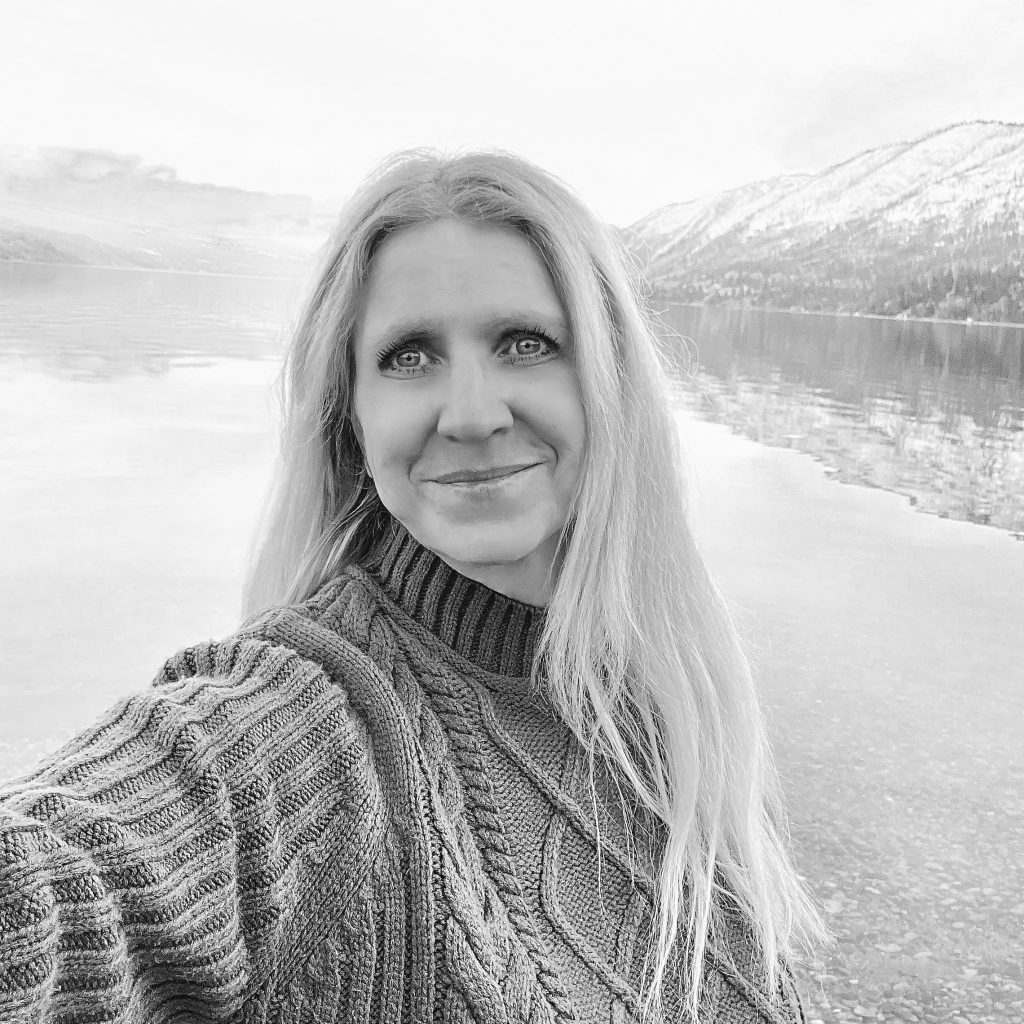
This is the second instalment in my journey to trace my ancestral trackways—from my ancient ancestors of Northern Europe to the northern rainforests of my home in British Columbia (BC), Canada.
I am a Western Canadian—born and raised. My first task is to understand how I got here: how is it that I (a person of European ancestry) call Canada and specifically, the rainforests of Western Canada, home?
This is what I do know:
I am the granddaughter of one of the very first Europeans to “settle” in Western Canada,
& these are my dear parents as young whippersnappers:
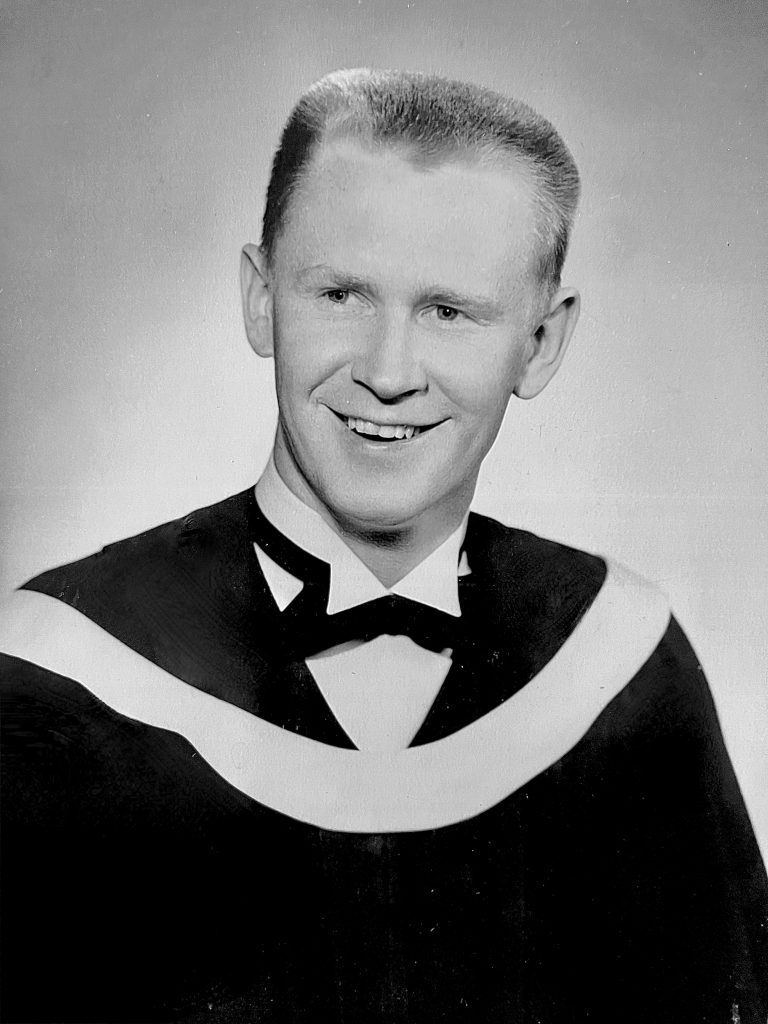
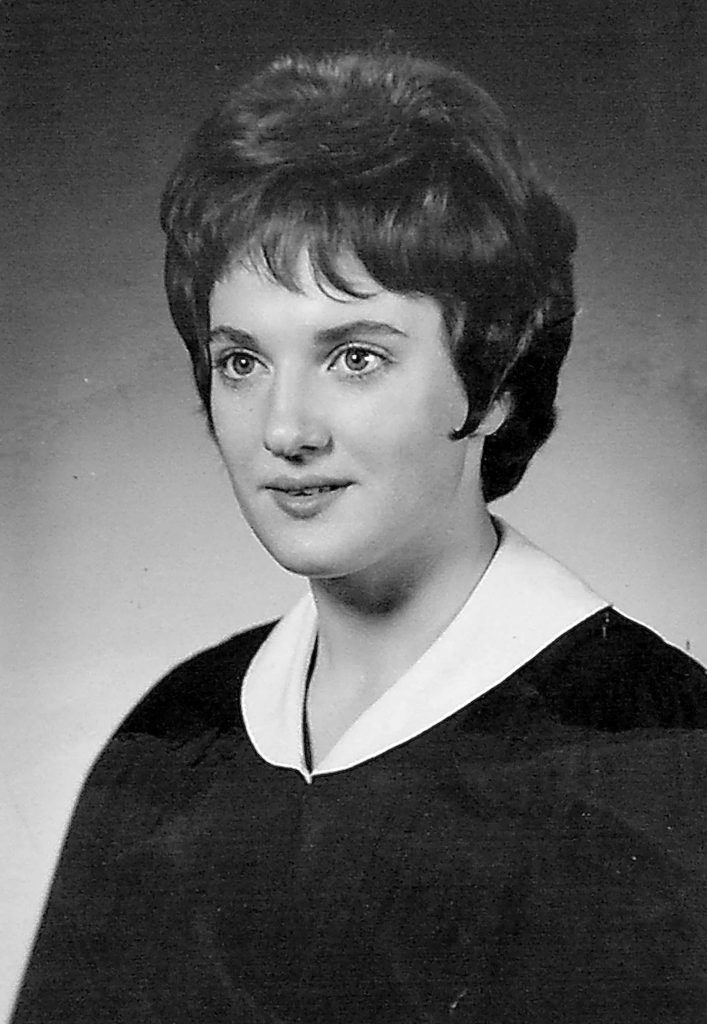
I am aware of my identity as a Western Canadian settler. I listened to the stories of my paternal grandmother, the struggles she and her family faced as (literally) one of the very first European families to “settle” in Western Canada. Also, as the daughter of a Canadian geography and history professor, I learned at an early age the struggles and the injustices that colonialism brought to the Canadian Indigenous peoples.
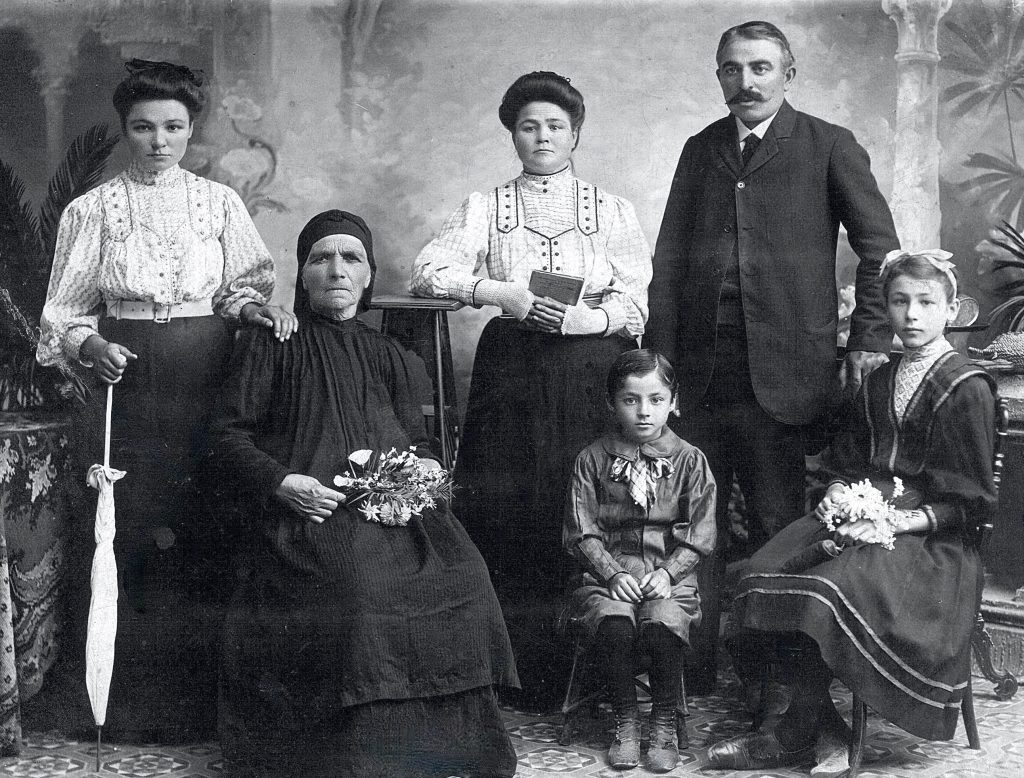
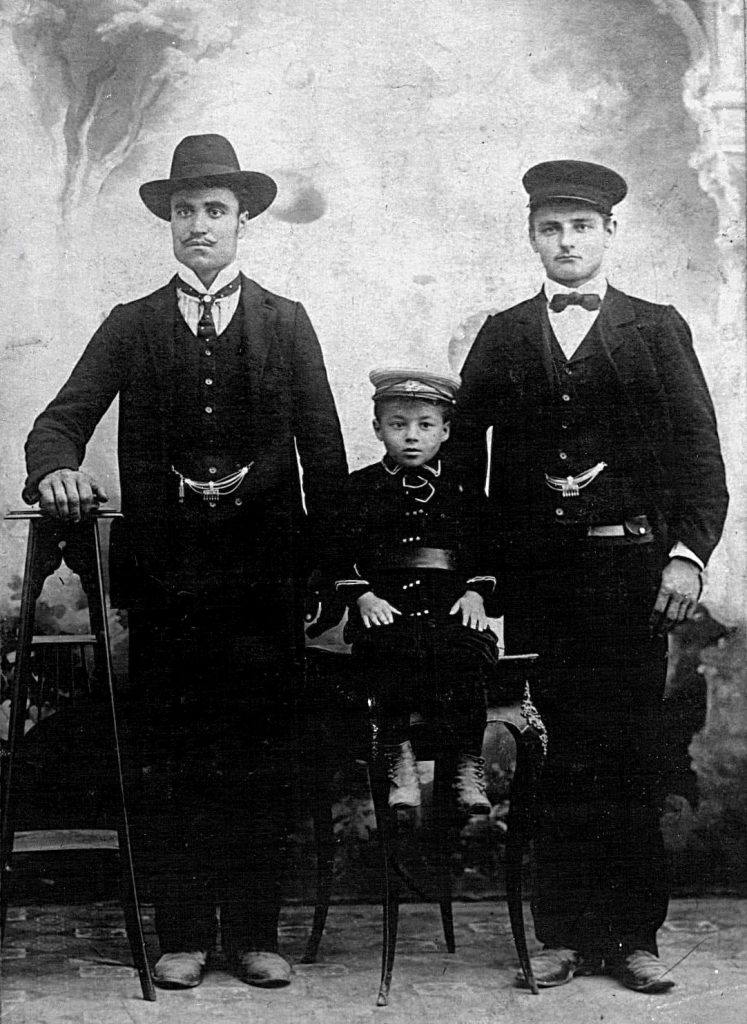
Lydia Mix arrived in Alberta with her parents (Christian and Wilhelmina) and four (of her eleven) siblings from Bessarabia in 1911 (the last six Mix children were born on Canadian soil). They were the first Europeans to step foot in the prairie fields near Youngstown, Alberta: land within the Treaty Seven region of Southern Alberta, which includes the traditional territories of the Blackfoot, the Tsuut’ina, the Îyâxe Nakoda Nations, and the Métis Nation.
The Mix’s arrived in Canada from the sub-tropical/arid-continental climate of Bessarabia, near the Black Sea. Their ancestry is not Russian; however, their families had immigrated to Bessarabia from Northern Europe well over a hundred years before the Russian Revolution—seeking the arid-continental & subtropical climate to develop vineyards. The Mix’s paradise was brutally interrupted In 1911, on the cusp of the Russian Revolution. The Mix vineyards and shops were confiscated by the Russians and they were threatened with death or Siberian prison if they did not leave the Russian territory immediately. They were forced to flee and Western Canada was a promising option. Sadly, all of their trunks of possessions were stolen on the sail across the Atlantic. They arrived with only the clothing on their backs. Ten year old Lydia caught an unknown disease on the ship, which left her too weak to walk—it would take her four months to recover.
On arrival, the Mix family purchased land—indigenous prairie grasslands residing within the boundaries of Treaty Seven (1877)—land that was the home of the Indigenous peoples of the Blackfoot Confederacy (Siksika, Kainai, Piikani) for millennia. Though stunning, the prairie grasslands were nothing like their continental-subtropical vineyards near the Black Sea.
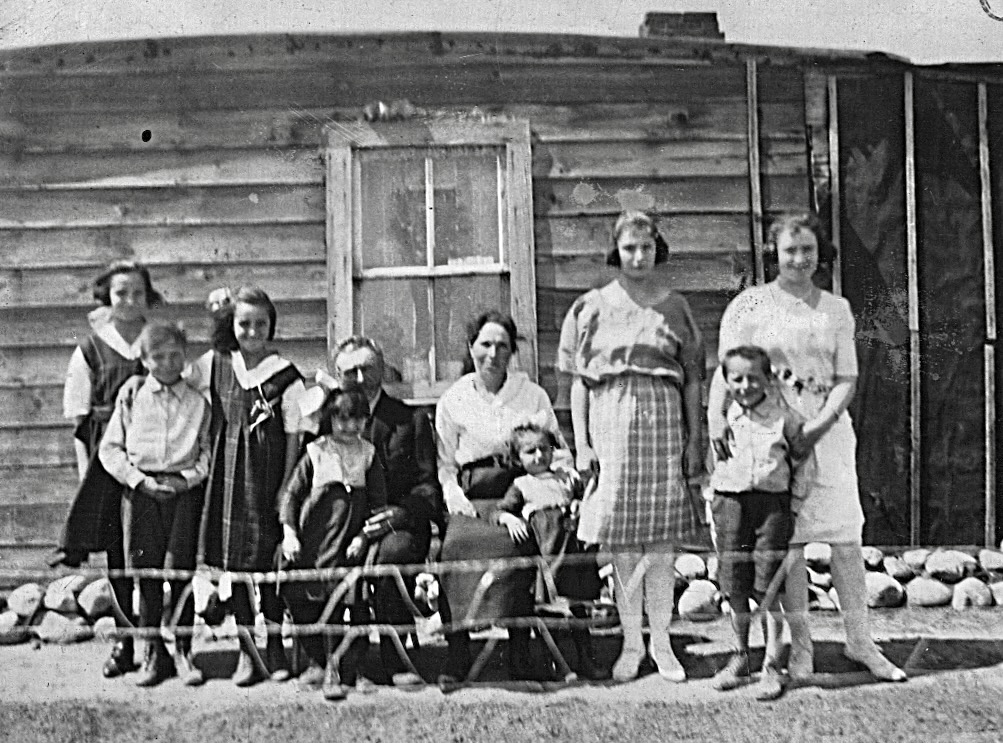
The Mix family was ill prepared for the brutal Canadian winters.They built a sod hut and lived in it through a few gruelling prairie winters while they were building a more permanent clapboard house.
The Mix and the Harts arrived in Canada with only the clothing on their backs, seeking refuge, after fleeing for their lives from colonial Europe. They were not English, French, nor Spanish (and they did not speak the languages of these three North American colonizing superpowers); however, they too were a part of the colonizing of Canada. This is the history that I know. Yet, there is a huge part of my history that seems to have been erased.
I never knew my paternal grandfather, Edward Hart. He died before I was born. All I know is that he was a tall gentleman with a kind, gentle disposition, a devote Catholic, and a successful business man. My grandfather married my grandmother when she was a young woman of twenty-two years and he was an established business man (approximately forty years old). My father was the youngest of five children. His father, Edward, was nearly sixty years of age when he was born. By the time my father was a teenager, my grandfather was spending over half of every year in Arizona, due to his sensitive lungs, as he found the Canadian winters too harsh. By this time, my grandfather Edward had run a successful mercantile store, and owned three hotels in the Canadian province of Alberta.
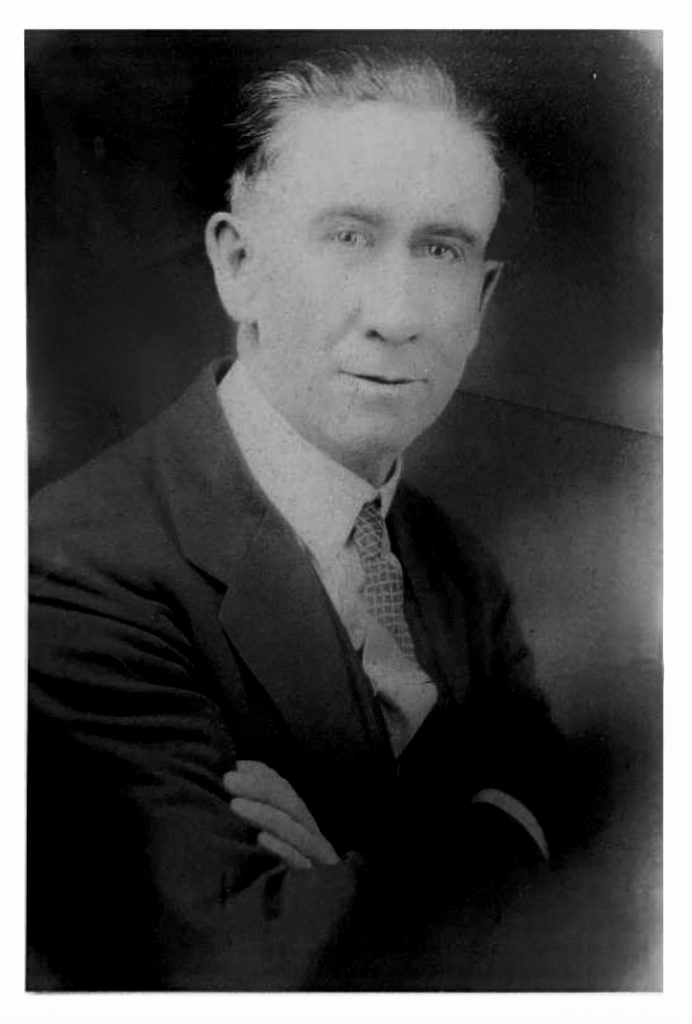
Edward’s parents were from Ireland, they spoke Irish, so I have been told. Edward was the second youngest of twelve children. His family fled to Canada from Ireland in the nineteenth Century, during the colonization of Ireland by Britian.
The Harts have always been an enigma to me. My father did not know his Irish grandparents. How and why they arrived in Canada was never discussed. The only thing that I was aware of, that was handed down to me from my “Irish” grandfather was my Catholic baptism at birth. It was as though my Irish ancestry had been erased—a void of unknown.
As a Canadian, I studied European history in school. I then chose to study Indigenous North American history at university, to learn more about my country’s first peoples, who had been invisible in the k-12 school curriculum at the time.
I have suddenly become aware that my own Irish history has been invisible. Words like “potato famine” and racist phrases such as “no blacks, no Irish, and no dogs allowed” were known to me, and yet, I had no idea what they meant in relation to me. Though, admittedly, it seemed odd that there were so many potato crops in Ireland—a vegetable from South America?! Disturbingly, the Harts—my Irish ancestors—did not seem to exist prior to their arrival in Canada—their history erased, invisible peoples.
One thing has become glaringly obvious: it’s up to me to seek the truth about my Irish history.
The truth shook me to my roots.
How is it that I studied the “dark ages” of Europe in school, yet, not one history book told me that Ireland never had a “dark age.” Not one history book in school told me that when Rome fell, and European society collapsed, Ireland remained untouched–a hub for all European literature, science, music, history, and art. Not one mention that Ireland was the cultural and scholarly centre of Europe during the Middle Ages, and that scholars came from all over Europe to study in Ireland—you were not a true European Scholar unless you had travelled to Ireland and studied. Was Irish history erased by their British colonizers? Is this why it was omitted from the European history I studied in the Canadian school curriculum?
I am surprised that in modern Canada, where multiculturalism is encouraged and celebrated, somehow, my own ancestral Irish culture is non existent or garishly appropriated by an anglicized portrayal (i.e. creepy leprechauns) of the spirituality of the ancient Irish peoples, the Celts, and the Tuatha Dé Danann – the People of the Goddess Danu.
This erasure has sparked my curiosity. I want to know about these invisible peoples who arrived on Canadian shores, fleeing for their lives. Who were the Harts? Are they even truly Irish? Researching my surname leads to even more confusion; the name Hart exists in many cultures: Hart is Scandinavian, Hart is Irish, Hart is Jewish, Hart is English…
I will need DNA to unlock the mystery of the Canadian Hart’s ancestral trackways…
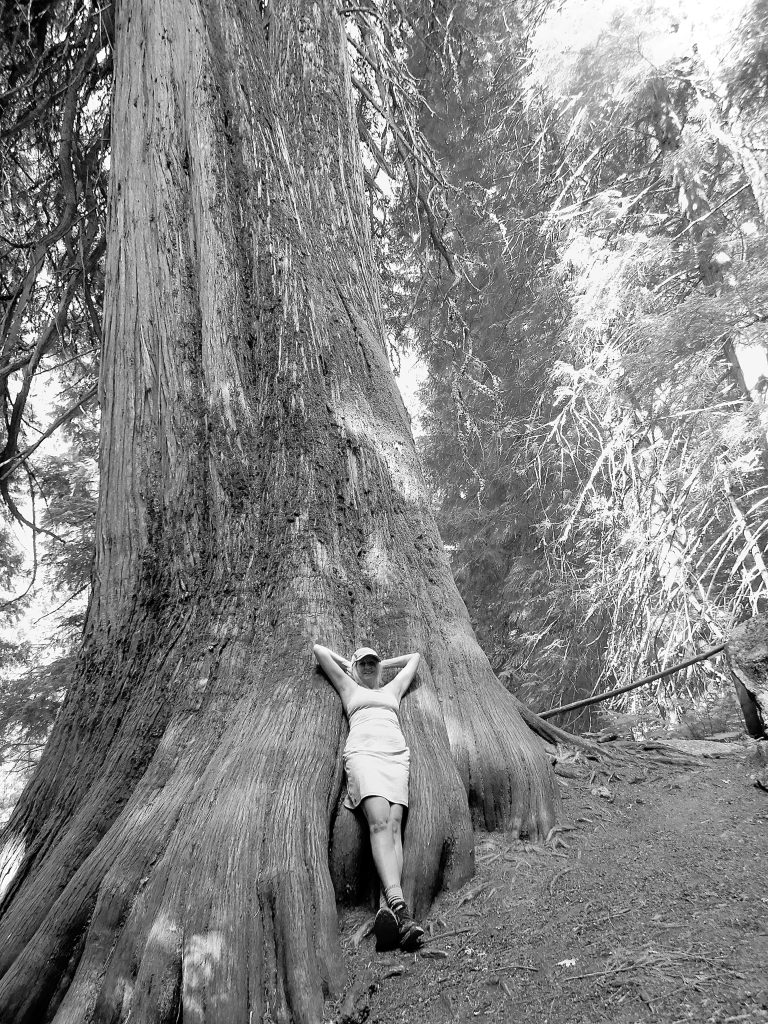
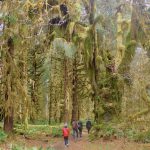
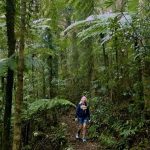
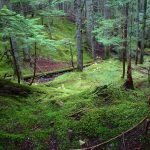
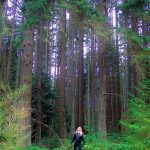

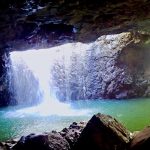


Leave a Reply